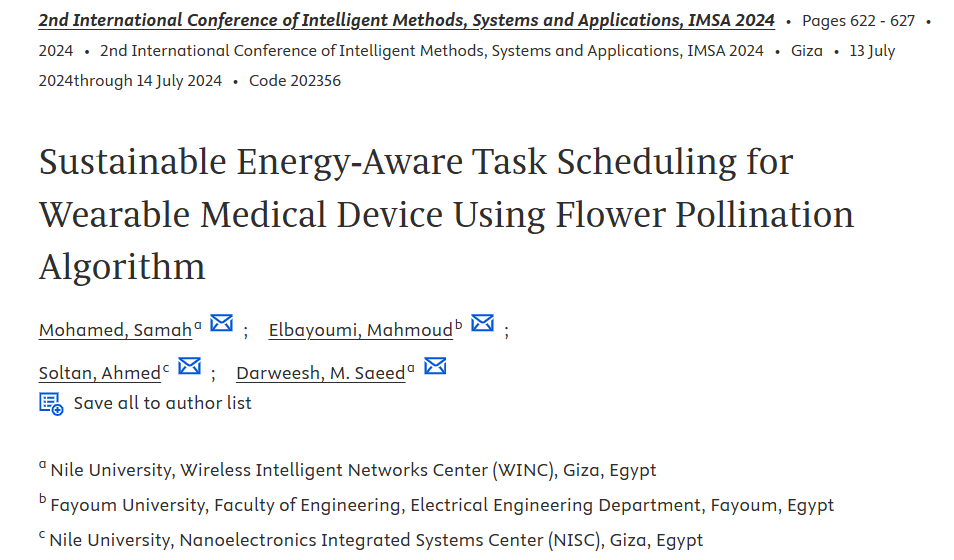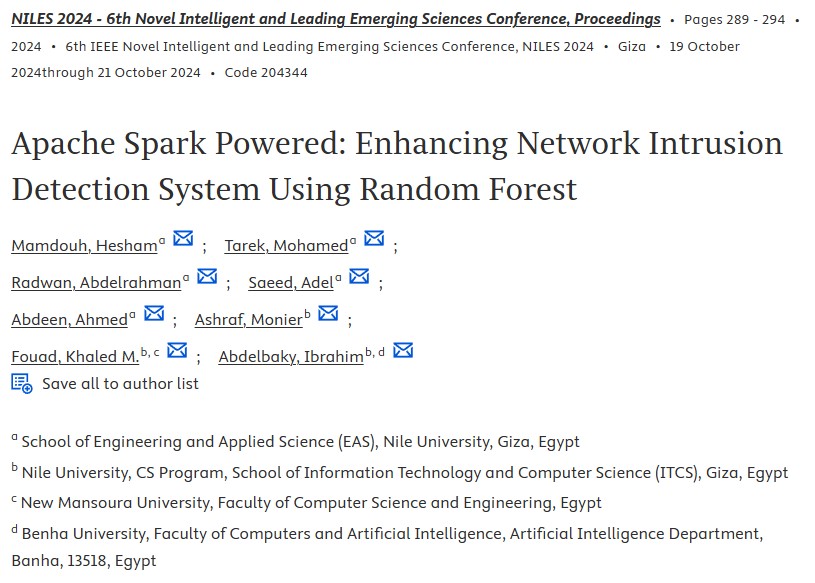On orthogonal band allocation for multiuser multiband cognitive radio networks: Stability analysis
In this work, we study the problem of band allocation of Mi buffered (i.e., with data queues capable of storing incoming traffic packets) secondary users (SUs) to Mp primary frequency bands licensed to (owned by) Mp buffered primary users. The bands are assigned to SUs in an orthogonal (one-to-one) fashion, such that neither band sharing nor multiband allocations are permitted. In order to study the stability region of the secondary network, the optimization problem used to obtain the stability region's envelope (closure) is established and is shown to be a linear program, which can be solved efficiently and reliably. We compare our orthogonal allocation system with two typical low-complexity and intuitive band allocation systems. In one system, each cognitive user chooses a band randomly, in each time slot, with some assignment probability designed such that the system maintained stable, while in the other system, fixed (deterministic) band assignment is adopted throughout the lifetime of the network. We derive the stability regions of these two systems. We prove mathematically, as well as through numerical results, the advantages of our proposed orthogonal system over the other two systems. © 2015 IEEE.




